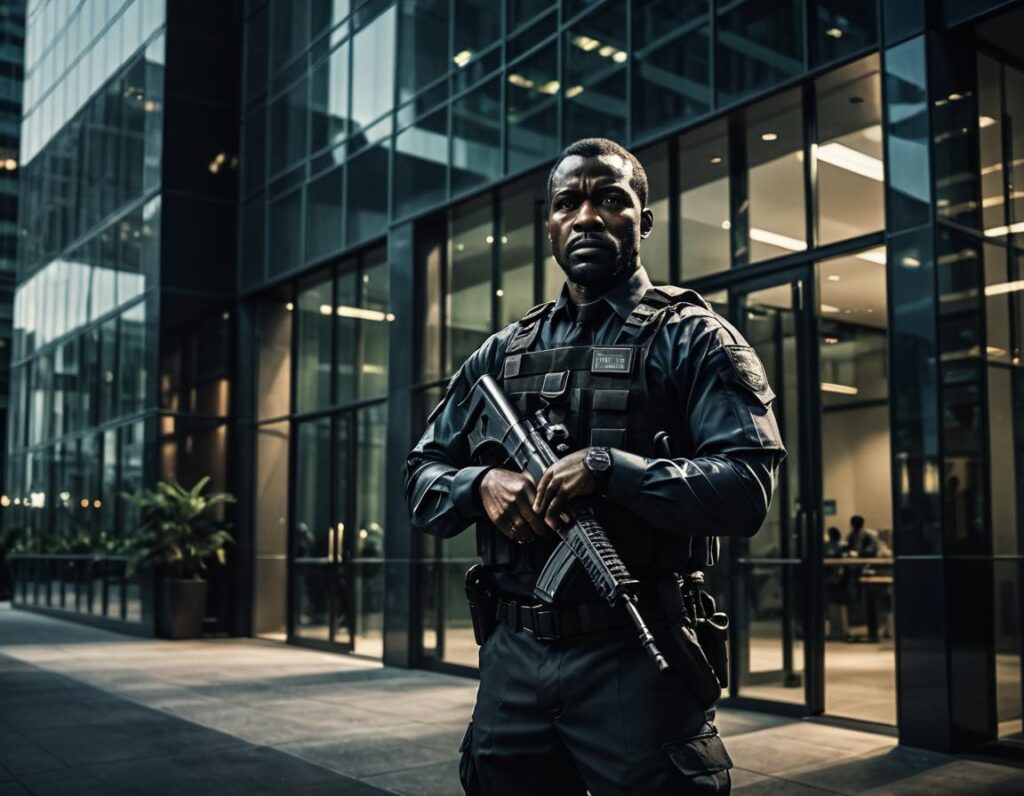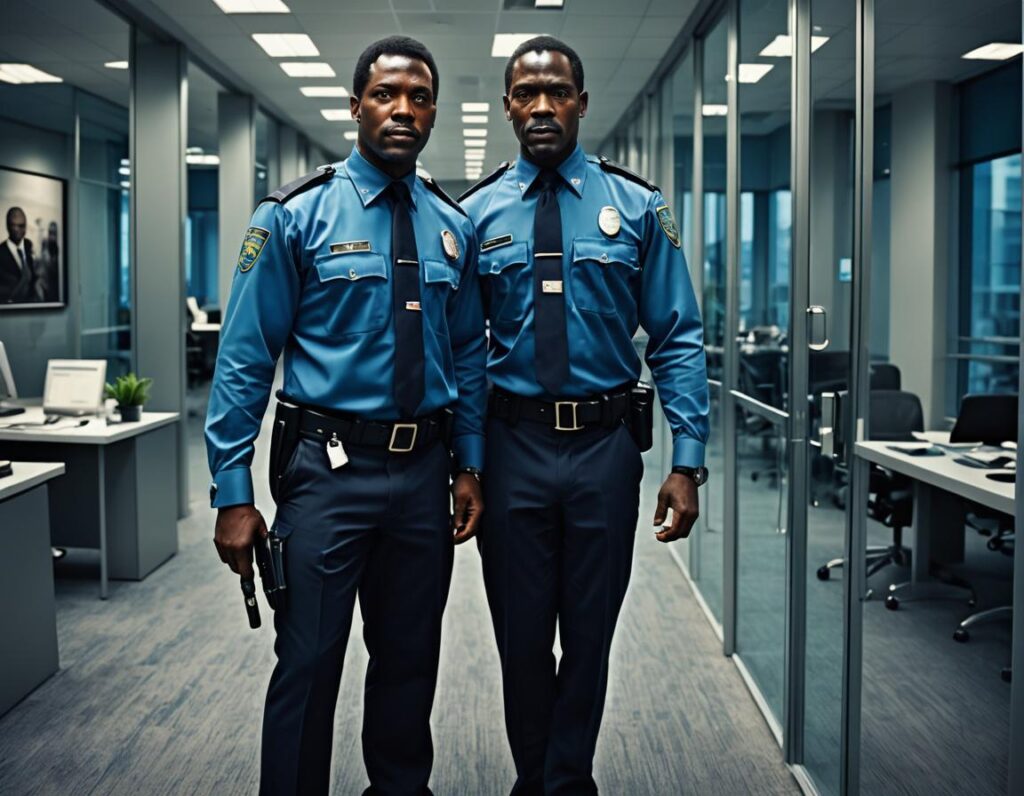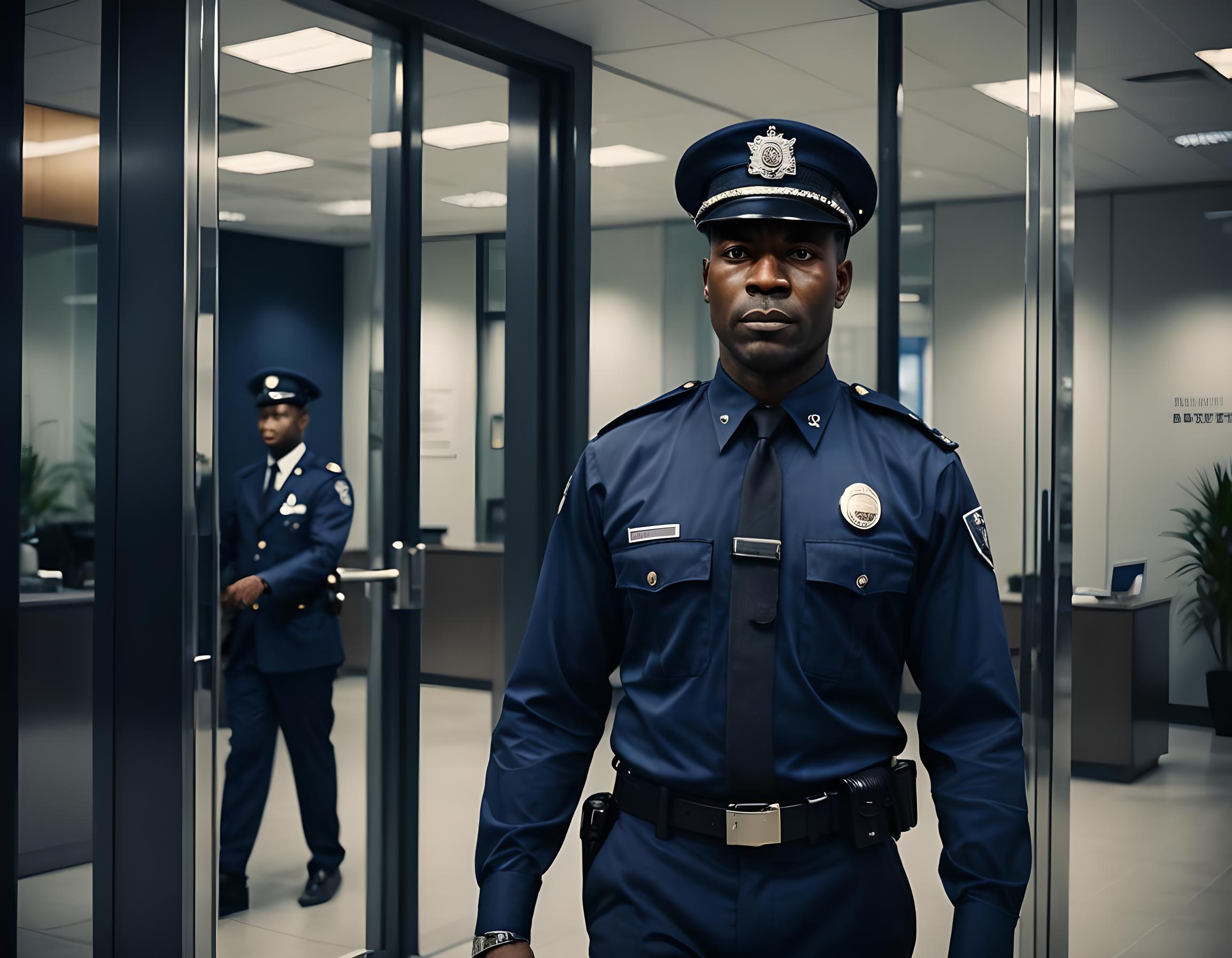When you think about a security guard job, what comes to mind? Is it the imposing figure standing at the entrance of a building or patrolling a parking lot? The image of strength and authority often leads many to wonder: do security jobs really need specific height and weight requirements? As our society evolves, so too does the understanding of what makes an effective security professional. From physical prowess to mental acuity, there are various dimensions that contribute to success in this field. Let’s delve into the world of security jobs and explore whether height and weight should play a crucial role in determining who can serve as guardians in our communities.
Physical requirements for security jobs
Security jobs often come with specific physical requirements. These standards can vary significantly based on the role and environment.
Many security guard positions require candidates to be physically fit. This includes having a certain level of strength, endurance, and agility. Guards might need to stand for long periods or respond quickly in emergencies.

Some roles may also involve patrolling large areas, which demands stamina. A solid fitness foundation can help ensure that guards effectively monitor their surroundings.
Additionally, height and weight specifications sometimes exist for particular agencies or sites. While not universal, they may reflect the needs of specific environments where presence matters.
While physical attributes play a role in securing a job as a security guard, other skills are equally important in ensuring success within this profession.
Arguments against height and weight requirements
Height and weight requirements can be limiting for many qualified candidates pursuing a security guard job. These criteria often overlook the essential skills that truly define effectiveness in this role.
Not every situation requires physical dominance or stature. De-escalation techniques, communication skills, and quick thinking are vital in maintaining safety and order. A smaller individual might excel in these areas while a taller candidate may not possess the same skill set.
Moreover, diverse teams bring unique perspectives to security challenges. Relying too heavily on physical attributes can exclude highly capable individuals who could provide invaluable insights and strategies.
Focusing solely on height and weight can foster discrimination against those who don’t fit conventional standards but have proven track records in similar roles. It’s about capability, adaptability, and training rather than mere physical appearance when it comes to effective security work.
Arguments for height and weight requirements
Height and weight requirements for security guard jobs are often seen as essential. Many argue that a certain physical presence can deter potential threats. A taller stature, in particular, may convey authority and confidence.
Additionally, the nature of some security roles demands physical strength. In situations where force may be necessary to subdue an aggressive individual, having adequate weight can make a difference. It’s about ensuring that officers are not only capable of handling themselves but also effective in protecting others.
Moreover, specific industries or environments might necessitate certain body types. For instance, working in high-stakes venues like casinos or concerts could require personnel who can maintain control over large crowds effectively.
Thus, while there is debate on this topic, many still see value in maintaining height and weight standards within the field of security work.
Alternative qualifications for security jobs
When considering a security guard job, many people overlook skills beyond height and weight. Essential qualities like communication, problem-solving, and conflict resolution are often more critical.
Experience in customer service or previous law enforcement roles can set candidates apart. These backgrounds help individuals manage tense situations effectively without relying solely on physical presence.
Certifications also play a significant role. First aid training or CPR certification demonstrates preparedness for emergencies. Such credentials signal that the candidate is proactive and capable of handling various challenges.

Technical skills are increasingly valuable as well. Familiarity with surveillance systems and cybersecurity measures enhances a candidate’s profile in today’s technology-driven landscape.
Personal attributes such as reliability and integrity cannot be underestimated. A trustworthy individual can build rapport with clients and ensure safety through strong relationships rather than mere physical stature.
Tips for Meeting Height and Weight Requirements
If you’re aiming for a security guard job that has specific height and weight requirements, focus on your fitness regimen. Start with a balanced diet tailored to your goals.
Incorporate strength training into your routine. Building muscle can help you meet those weight benchmarks while enhancing overall endurance.
Cardio exercise is equally vital. Activities like running or swimming improve stamina and support weight management.
Stay hydrated and prioritize rest. Proper recovery aids in maintaining peak physical condition.
Consider seeking guidance from a fitness coach who understands the demands of security work. Personalized plans can keep you motivated and on track.
Always check for flexibility in requirements based on experience or skills; many employers value capability over numbers alone.
The importance of fitness and agility in security work
Fitness and agility play a crucial role in security work. A security guard must be prepared for various situations, from managing crowds to responding to emergencies.
Being physically fit enhances stamina. This is vital when you need to remain alert during long shifts or while patrolling large areas.
Agility allows guards to react quickly and effectively in high-pressure scenarios. Whether it’s pursuing a suspect or maneuvering through tight spaces, quick reflexes can make all the difference.
Moreover, fitness promotes confidence. When guards feel strong and capable, they project authority—a key aspect of deterring potential threats.
Regular exercise not only improves physical capabilities but also helps reduce stress levels. A calm mind contributes significantly to effective decision-making on the job.
In the rapidly evolving world of security needs, maintaining optimal fitness ensures readiness for any challenge that may arise.
Conclusion
When considering a security guard job, the conversation around height and weight requirements often arises. It’s crucial to recognize that while physical attributes can play a role in certain situations, they should not be the sole determining factors for someone’s ability to excel in this profession.
Security jobs demand various skills, including communication, critical thinking, and problem-solving abilities. These competencies are just as important—if not more so—than meeting specific physical standards. Many successful security guards come from diverse backgrounds and possess unique strengths that contribute significantly to their effectiveness on the job.
Fitness and agility remain vital components of being a good security professional. Regular training helps maintain these qualities regardless of an individual’s natural body type or size. Employers increasingly value candidates who demonstrate commitment through continuous self-improvement.
Focusing solely on height and weight overlooks many capable individuals who could thrive in security roles if given the chance based on their expertise and dedication. Emphasizing overall fitness rather than rigid measurements opens doors for talent across different spectrums.
Whether you’re entering the field or looking to advance your career, understanding these nuances will empower you as both an applicant and employer within the dynamic world of security jobs.
FAQ’s
What are the primary duties of a security guard?
Monitoring premises, patrolling areas, checking surveillance equipment, and ensuring safety and security.
Do security guards need specific qualifications?
Basic education, security training, and sometimes certification. Requirements vary by employer and region.
What skills are essential for a security guard?
Observation, communication, problem-solving, and physical fitness are crucial for effective performance.
Are there any physical requirements for security guards?
Generally, good physical health is needed. Specific roles may have additional requirements.
What shifts do security guards typically work?
Depending on the job, security guards often work in shifts, including nights, weekends, and holidays.















